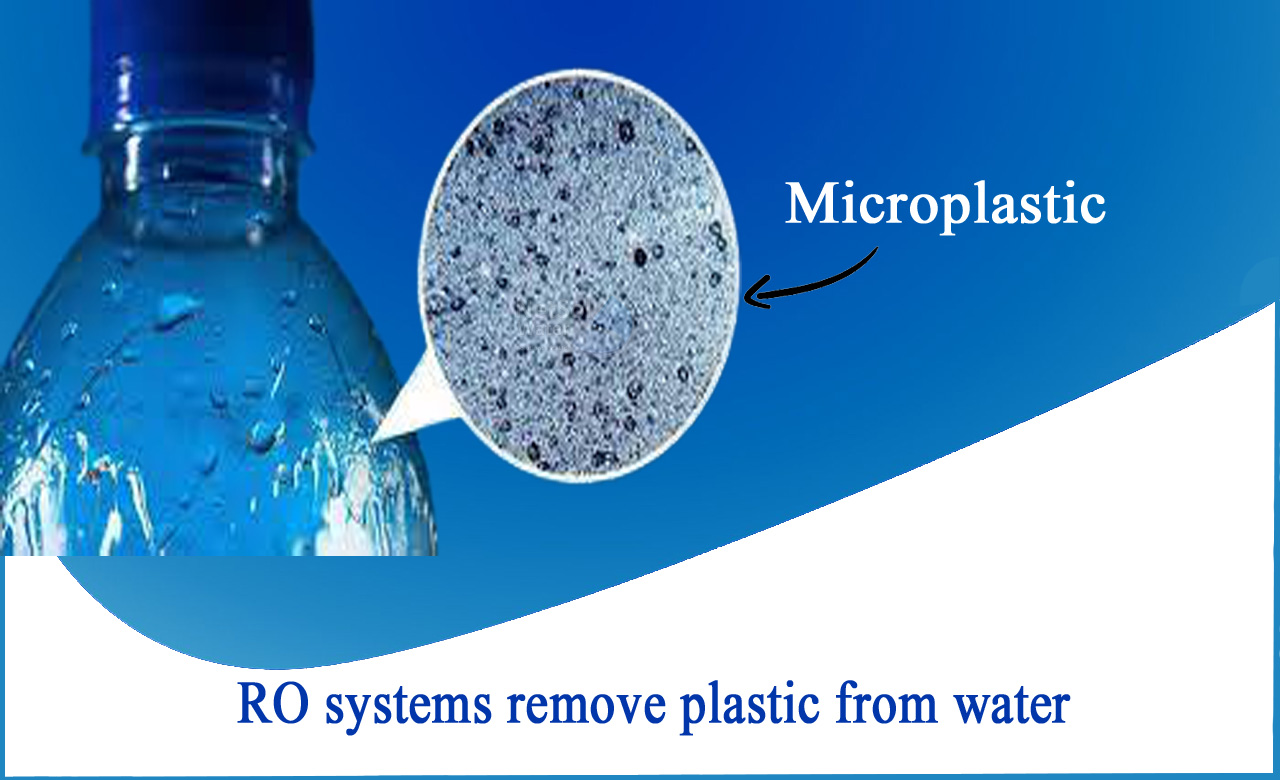Plastic has become an indispensable part of modern life. Plastic is everywhere, from the bottles we use to the clothes we wear. Humans have manufactured about eight billion metric tonnes of plastic since its introduction in the 1950s. We continue to generate millions of tons of plastic each year, the majority of which is used only once, such as plastic water bottles or drinking straws. With such a high rate of manufacturing, plastic pollution is very certain to become a major worldwide issue. Plastics of all shapes and sizes have clogged our waterways and polluted the environment due to improper disposal of plastics and the generation of plastic waste during manufacture.
Based on global output, the study predicts that the ocean contains roughly 250 million metric tons of plastic, which humans continue to add to. Over 80% of the plastic in the water comes from land-based sources, with only 20% coming from fishing boats and other ocean-based sources. The majority of plastic debris in the ocean comes from our run-off and litter, while some plastic debris comes from the waste management system itself. According to the study, plastic in the ocean might reach 380 million metric tons by 2025, based on current manufacturing and waste trends.
The finding of MICROPLASTICS, or microscopic plastic particles, in streams all over the world has exacerbated the problem of plastic pollution. These microscopic plastics make up 94 percent of the iconic Great Pacific Garbage Patch and can be found in almost any water source, including tap water and water from plastic bottles. Because microplastics are small enough to pass through waste filtering systems and more difficult to remove than bigger plastic trash, they pose an even greater threat to public health. Scientists are currently exploring the effects of microplastics, but consumers should be aware of the dangers of microplastics in their drinking water.
WHAT ARE MICROPLASTICS?
Plastic garbage does not decompose in the same manner that natural materials do when it enters waterways. Instead, exposure to the sun's rays, oxygen reactions, and degradation from physical components like waves and sand cause plastic waste to break down into tiny bits. Microplastics are the minute bits of plastic. Any piece of plastic measuring between five millimeters (5 mm) and one micrometer (1 µm) in size is considered microplastic. Sub-microplastics are described as plastics with a diameter between one micrometer and 100 nanometers (100 nm).
HOW TO REMOVE MICROPLASTICS FROM DRINKING WATER?
People drink, wash their hands, cook, brush their teeth, and do so much more using tap water at home. Consumers who are aware of the dangers of microplastics and other pollutants in their tap water should take precautions. Fortunately, there are a number of technologies for filtering and purifying tap water to eliminate plastic particles and other dangerous pollutants. To best fit their demands, consumers can choose from a range of filter kinds and methods. Here are a handful of the most effective microplastics-removing water filters:
1- Filters made on granular activated carbon (GAC) can filter pollutants down to 5 micrometers. This will result in the removal of certain microplastics. With a point of entry filter, GAC filters may filter a home's whole water supply, or smaller filters can be added to residential faucets.
2- Carbon block filters can filter pollutants as small as 0.5 microns (micrometers) in size. Because most microplastics are smaller than 2.5 micrometers, carbon block filters are an excellent way to remove microplastics from drinking water. Carbon block filters are also a cost-effective and environmentally beneficial choice for household use. Carbon block filters can be used for whole-house filtration, but they're most commonly utilized for faucets and other point-of-use applications.
Reverse osmosis filters are the most effective for eliminating microplastics since they can filter particles as fine as 0.001 microns.
Netsol Water is Greater Noida-based leading water & wastewater treatment plant manufacturer. We are industry's most demanding company based on client review and work quality. We are known as best commercial RO plant manufacturer, industrial RO plant manufacturer, sewage treatment plant manufacturer, and effluent treatment plant manufacturers. Apart from this 24x7 customer support is our USP. Call on +91-9650608473, or write us at enquiry@netsolwater.com for any support, inquiry or product-purchase related query.



